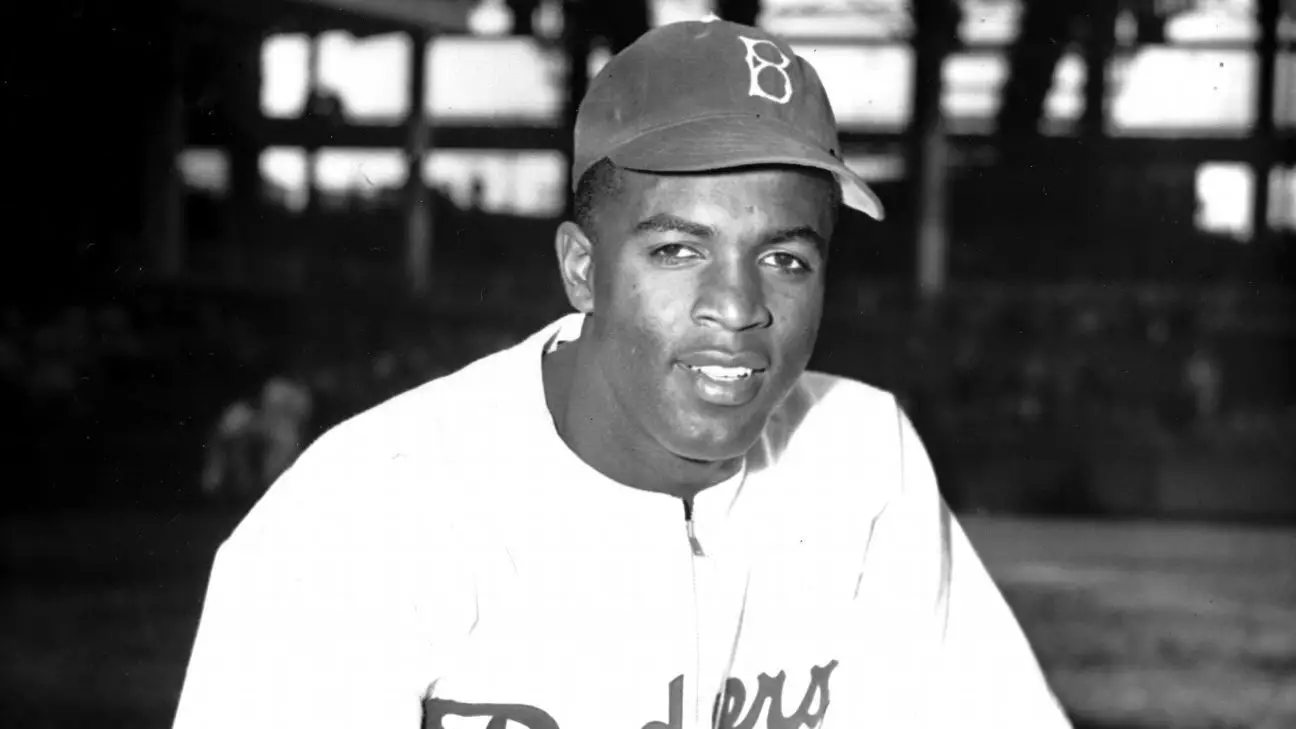Jackie Robinson is a name synonymous with courage, perseverance, and groundbreaking change in American sports history. Nonetheless, discussions surrounding his remarkable military service remain overlooked—a glaring omission given Robinson’s role as both an athlete and a soldier. Recently, a significant controversy unfolded over the removal, then reinstatement, of an article about his military contributions, drawing attention back to his legacy and the complexities of representing influential figures in American history. This incident highlights the ongoing tension between the recognition of diversity and the narrative surrounding it—an issue deserving a thorough examination.
A Tainted Rewrite: The Pentagon’s DEI Directive
The Pentagon’s decision to initiate a “digital content refresh” in February 2023 sparked outrage, primarily due to its aim to reframe representation by purging materials promoting Diversity, Equity, and Inclusion (DEI). At its core, this initiative suggests not just a removal of articles, such as Robinson’s, but a broader commentary on the intersection of race and patriotism. Pentagon Press Secretary John Ullyot asserted that the department honors service members based purely on their contributions to the military and America, a seemingly noble stance. However, the implications of this viewpoint can be problematic, particularly in an era when acknowledging the rich tapestry of identities within the military is crucial.
Jackie Robinson: More Than Just a Ballplayer
Robinson’s military experience, serving as a second lieutenant in the U.S. Army during World War II, is a testament to his character and commitment to his country. His service and subsequent court-martial after refusing to adhere to an order that dehumanized him on a bus not only signify his bravery in combat but also his steadfast stance against racial injustice—an echo of the battles he would later face on the baseball diamond. In fact, Robinson’s actions during the war laid the groundwork for his fight against segregation in Major League Baseball, serving as a precursor to the civil rights movement that would follow.
Robinson’s induction into the National Baseball Hall of Fame is celebrated, yet the lessons of his military service remain essential in understanding the fullness of his legacy. Rather than merely viewing him through the lens of racial struggle, it is vital to acknowledge his universal values of courage and dignity.
Impact on American Sports and Culture
Every April 15, Major League Baseball honors Jackie Robinson Day, a powerful reminder of the change he brought to baseball and by extension, to American society. This annual event celebrates not just Robinson’s memory but serves as an invitation for other athletes and public figures to continue advocating for equality, justice, and representation. In an age where sports have become one avenue for addressing social disparities, remembering Robinson’s imprint encourages today’s athletes to champion causes beyond play.
Moreover, the contrast between Robinson and the Pentagon’s recent directive demands attention. By sidelining critical discussions about DEI, the military inadvertently downplays the struggles that define America—a nation built on diversity and resilience. To acknowledge heroes like Robinson without recognizing the societal issues they confronted risks perpetuating a sanitized version of history that glosses over the realities of race, equity, and inclusion.
Rethinking the Narrative
True recognition of figures like Jackie Robinson involves embracing multilayered discussions of race, service, and sacrifice. While Ullyot’s comments about honoring service members evoke admiration, they also strip away the necessary context surrounding these individuals—leaving behind a narrative that reinforces existing power structures. Simplifying Robinson’s legacy to mere patriotism may inadvertently obscure the contours of his fight against injustice.
Robinson comes alive not just through his statistical feats in baseball or his military rank but through his unwavering commitment to advocacy in all forms. As we reflect on figures like him, an honest and open dialogue becomes increasingly important—one that marries historical significance with present-day implications. By marching forward with courage, as Robinson did, America can continue to redefine its identity, weaving the threads of diversity into a shared narrative that honors both the past and the future.

